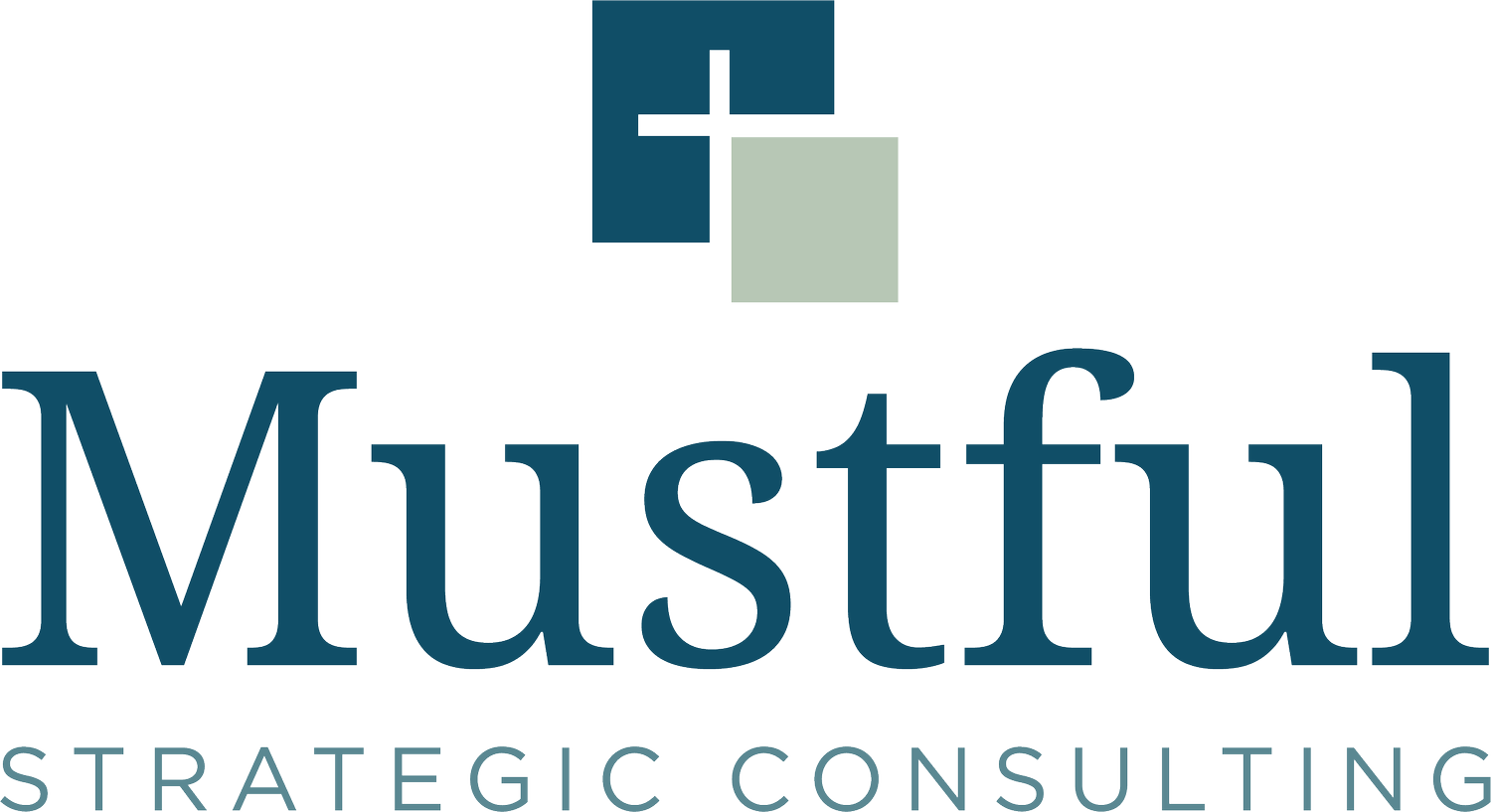Policies…What Policies?
Why Good Policies Are So Important.
Ask any board member of a nonprofit about their policies, and they’ll probably tell you the organization has policies—but that’s about it. Most don’t know what those policies are, let alone what they say. Sometimes even Executive Directors aren’t familiar with their policies or don’t know why many of them exist.
For most of us, reviewing, developing, and implementing policies isn’t exactly on the “top ten list” of things we love to do. But that doesn’t mean policies aren’t important. In fact, good, relevant policies are critical for any nonprofit that wants to make a lasting impact in its community.
1. Compliance with the Law
Nonprofits must follow certain practices to maintain their legal status. That means it’s essential to create policies that ensure compliance. Common examples include:
Bylaws
Financial policies
Conflict-of-interest policies
Whistleblower protection policies
Employee practices policies
Document retention policies
2. Building Credibility and Stewardship
Most nonprofits depend on community support, which requires maintaining trust and credibility. Donors and stakeholders need to know that their contributions are being used responsibly to advance the mission. Policies that reinforce good stewardship may include:
Gift acceptance policies
Privacy policies
Investment policies
Fundraising policies
3. Mission-Specific Operations
Every nonprofit operates differently depending on its mission, so organizations should adopt policies tailored to their unique work. For example, when I ran an animal shelter, we had policies covering animal care, euthanasia, and adoption. A nonprofit offering tutoring services might need policies for tutor training requirements, student eligibility, and curriculum standards.
Knowing and Using Policies
The most important part of policies isn’t just having them—it’s knowing them. You should understand why each policy exists and when it applies. I’ve sat in countless board meetings where someone suggests a new idea without considering whether it violates policy. Sometimes someone even asks, “Does this go against our policy?”—and no one knows! That’s why it’s wise to have your organizational policies on hand at every board and committee meeting.
Keeping Policies Up to Date
Policies should be reviewed regularly—at least once every two years. I know it can feel tedious, but it’s necessary. Organizations evolve, environments shift, and laws change. A good approach is to divide your policies into three or four groups, assign each group to a small team of board members, and then bring recommendations back to the full board for discussion and approval.
In the end, clear, accurate, and relevant policies provide the framework for a high-functioning nonprofit with strong credibility and smooth operations. Please don’t underestimate the power of good policies!
For more guidance, I highly recommend the Principles and Practices for Nonprofit Excellence from the Minnesota Council of Nonprofits. You can download a free copy here: Click Here.
And if you’d like more personalized support, I’d be happy to help. Contact me at brandon@mustfulstrategicconsulting.com or 218-760-1375, and let’s get your organization on the road to stronger policies and greater community impact.

